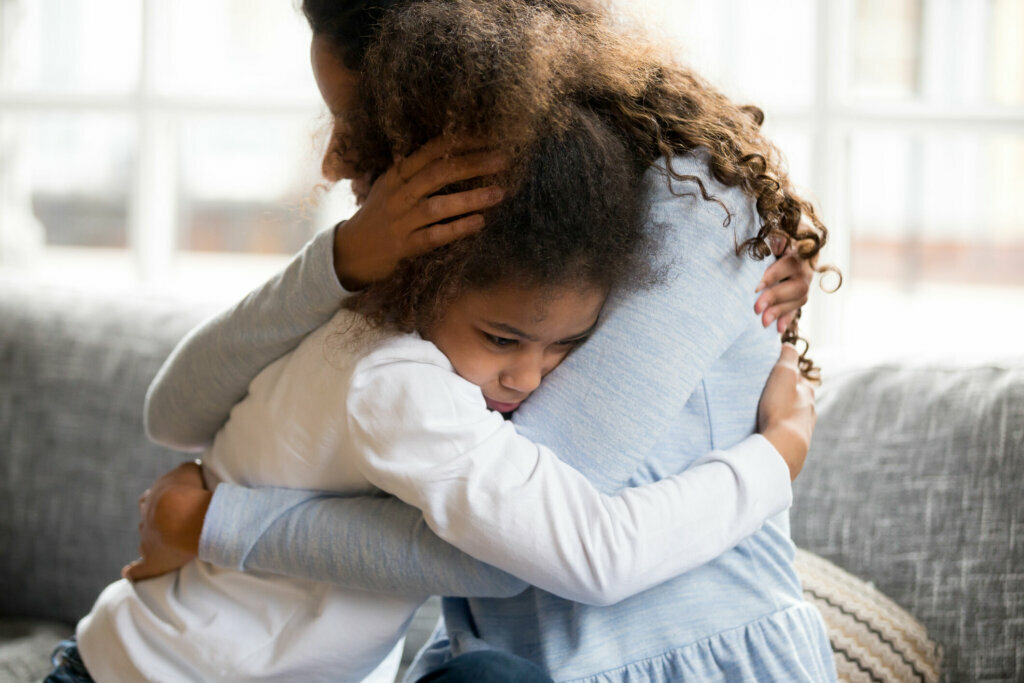
Helping children process current events during turbulent times should involve lots of questions from calm parents, according to a Northern Virginia psychiatrist.
“First of all, you must remain calm. Children take cues from you,” said Dr. Asha Patton-Smith, child and adolescent psychiatrist with Kaiser Permanente, who practices in Burke and Falls Church.
“Elicit as much information as possible,” Patton-Smith said. “Ask your child if they understand what’s happening with a very simple, open-ended question like, ‘What are your thoughts about all this stuff going on?'”
She advised parents to let the child or teen direct the conversation, then give age-appropriate information based on the child’s needs or most pressing concern.
Also, revisit sensitive topics: “These are a number of conversations that need to take place over time,” Patton-Smith said.
Let kids know it’s OK to feel anxious or sad, and that there are always ways to get help.
“It’s never too early to help your child care overall for their emotional well-being,” she said.
Significant changes of behavior that may signal the need for additional support from a health care provider or pediatrician include mood swings, changes in sleep or eating, persistent irritability or regressed behavior, such as wetting the bed.
“Helping your child or teen with mental health issues really rests on three major things: It’s important to take care, talk often and act early,” Patton-Smith said.
Resources recommended by Patton-Smith for parents who may need additional guidance are available at websites for the American Academy of Child and Adolescent Psychiatry, and the American Academy of Pediatrics.
The Mid-Atlantic Permanente Medical Group on Health blog also shares advice for parents.







